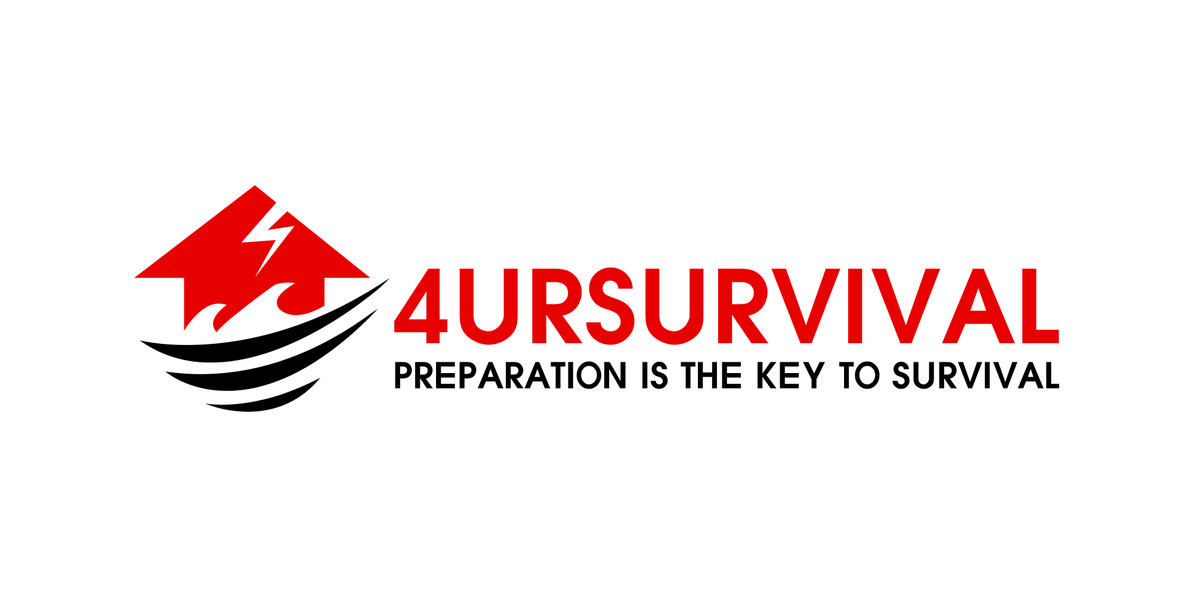Make a plan so you’re ready for emergency
Make a plan so you’re ready for emergency
Ensure that your family knows what to do when extreme weather, natural disasters or other dangerous events occur. Such events can happen quickly and catch you off guard. Make it a priority to create an emergency plan today.
Prepare and practice your plan
Ensure that all your household members know what to do when emergencies occur. Consider that not everyone may be together during the event. Use the following guidelines to stay safe:
- Prepare two ways to escape your home. One of your exits may be blocked during an emergency. Address accessibility issues when creating escape routes, especially for disabled or elderly household members. Ensure that the children in your household know the safety procedures.
- Confirm your emergency exit locations if you live in an apartment complex.
- Avoid using on or off switches, appliances, electronics or phones during an evacuation. The electronics can create sparks and ignite leaking gas.
- Keep your pets in mind when planning for emergencies. Include your pets in your practice drills. The practice can help them get used to a leash or carrier during stressful situations. Find out which kennels, shelters or veterinarians can care for your animals during an emergency. Public shelters may not accept pets because of health and safety concerns.
PLEASE NOTE: This rule typically does not apply to service animals.
https://4ursurvival.com/dog-survival-kit-emergency...
- Establish a location where your family can reunite after evacuating. Decide on a second meeting place, in case the primary location is unusable.
- Practice your emergency plan several times. Thinking clearly during an emergency can be difficult. Practice your plan with household members often so that they are familiar with it.
- Review your plan with everyone in your household every three to six months.
Evaluate your home
Help ensure that your property and home are prepared for emergencies with the following guidelines:
- Know when and how to turn off your electricity and gas at the main switch and valves. Learn how to turn off your electricity. Visit Turning Your Electricity On and Off. Learn how to turn your gas off. Visit Turn Your Gas Off.
- Locate fire extinguishers and learn how to use them before they are needed.
- Learn how to open your garage door manually. Plan for your door’s inability to open automatically during an outage.
- Install smoke alarms throughout your home. Replace your alarms’ batteries once a year, at a minimum. Replace the batteries as soon as you hear a beeping warning noise.
- Ensure that your standby generator is working properly. A properly working generator can help avoid damage to your property and can help PG&E workers or emergency first responders stay safe in your neighborhood. Learn how to ensure that the generator is working correctly.
- Pg&e
Get a kit :
2nd Jun 2020
Recent Posts
-
Hurricanes
Prepare for HurricanesKnow your Hurricane RiskHurricanes are not just a coastal problem. Find out ho …13th Sep 2021 -
Distress Signals
Distress Signals: What Distress Signals can you use?Help Flag - www.4ursurvival.comYou Will Need* A …30th Aug 2021 -
Get Ready for Disasters During National Preparedness Month
September is National Preparedness Month, the perfect time to get your household ready for an emerge …23rd Aug 2021


